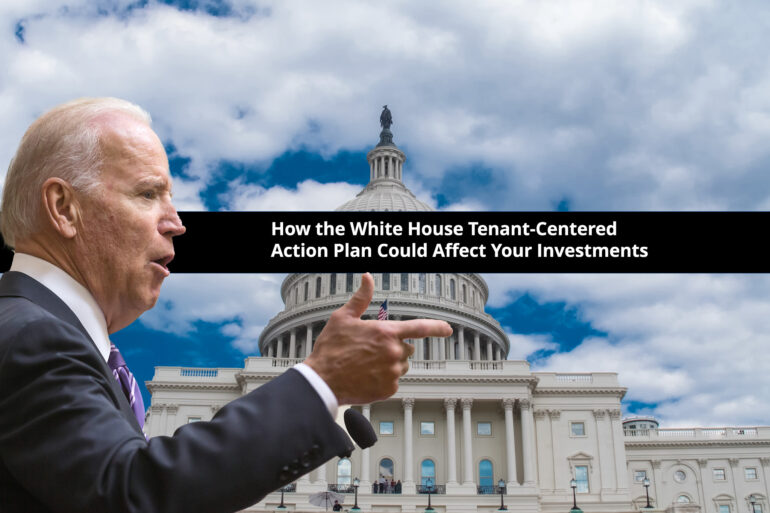Published by Property Onion | March 17, 2023
Real estate investors need to be aware of the potential impact of the new tenant-centered action plan to plan and prepare for how these policies might impact their portfolios.
The Biden Administration recently announced a new tenant-centered action plan to address affordable housing issues for renters. The project aims to provide support to struggling renters while supporting housing suppliers. Many expect these new policies to have a massive impact on the rental market, which is experiencing increasing rents due to rising inflation and a nationwide housing supply shortage. Real estate investors need to be aware of the potential impact of the new tenant-centered action plan to plan and prepare for how these policies might impact their portfolios.
Rental Market Overview
The rental market in Florida and across the country has faced numerous challenges over the last couple of years, especially in terms of rental affordability. Inflation has taken a toll on several industries, making everything, including rent, more expensive. Strong demand for housing in areas with significant shortages also drives up prices. According to the National Association of Realtors (NAR), the lack of affordable housing supply is one of the most significant roots of our current challenges in the rental market.
The lack of affordable housing isn’t just a problem for renters. Real estate investors must also deal with challenges around their roles in housing. According to PEW Research, nearly seven in ten rental properties are owned by an individual or small company that only owns one or two properties. PEW’s research shows that landlords often struggle to meet their obligations as property owners, including paying mortgage payments, property taxes, and repair/maintenance bills due to a falloff in rental payments. The various eviction moratoriums didn’t help the situation, as many landlords didn’t receive rent payments for months or more. In NY, some landlords didn’t receive payments for up to 18 months.
According to a survey by the National Rental Home Council, nearly 23% of individuals who own less than three single-family homes plan to sell at least one of their properties due to the difficulty of collecting rent. As small real estate investors give up properties to make ends meet, larger investment firms and Real Estate Investment Groups (REIG) increase their market share.
More prominent investors are in a stronger position to deal with a loss in rent while sorting out rental situations, which can also lead to increased rental prices due to the competition of a housing shortage. Tricon Residential in Texas claims that they get over 5,000 calls per week to inquire about the 250 homes available at any time.
The tenant-centered action plan has big and small investors paying attention to see if new policies will help or hurt their positions.



